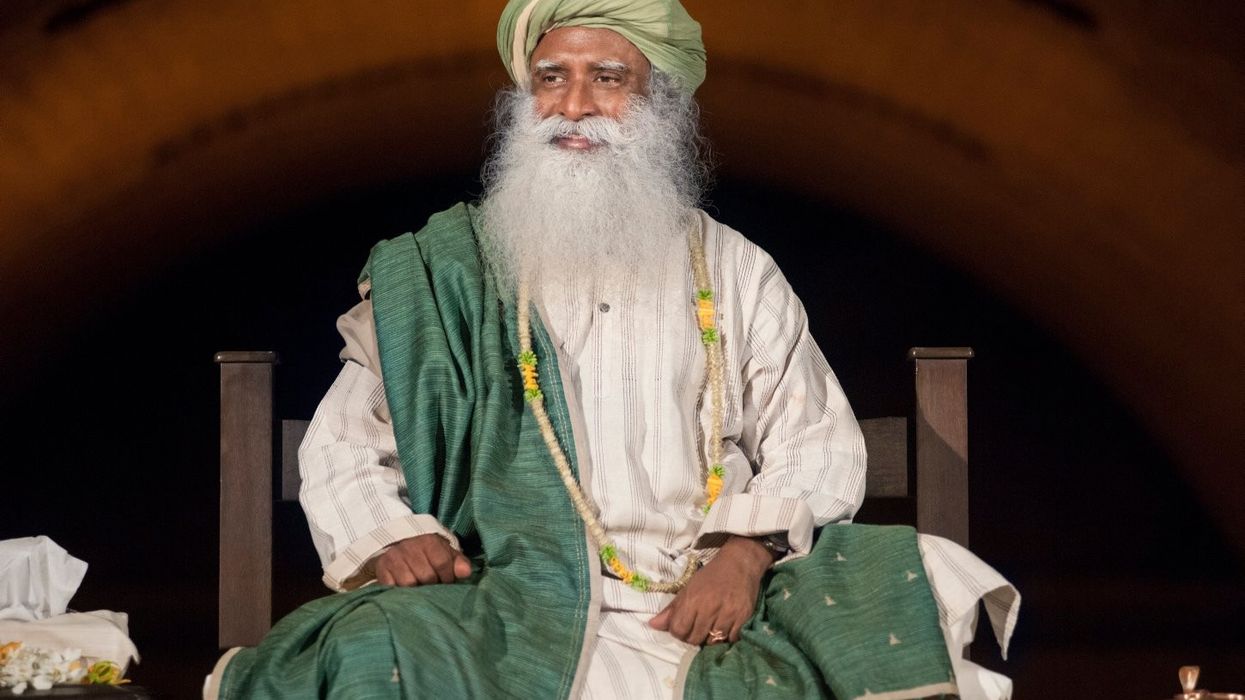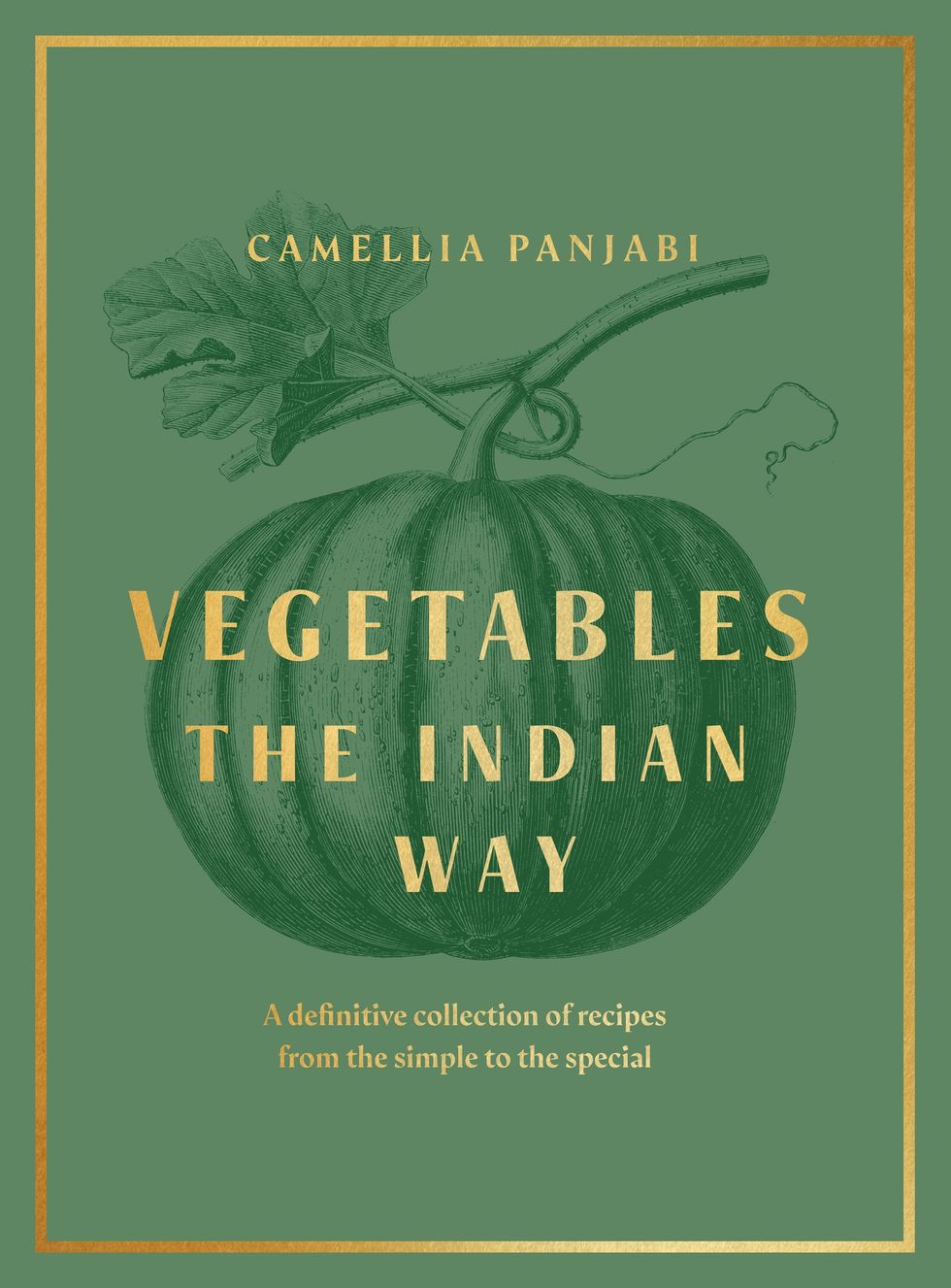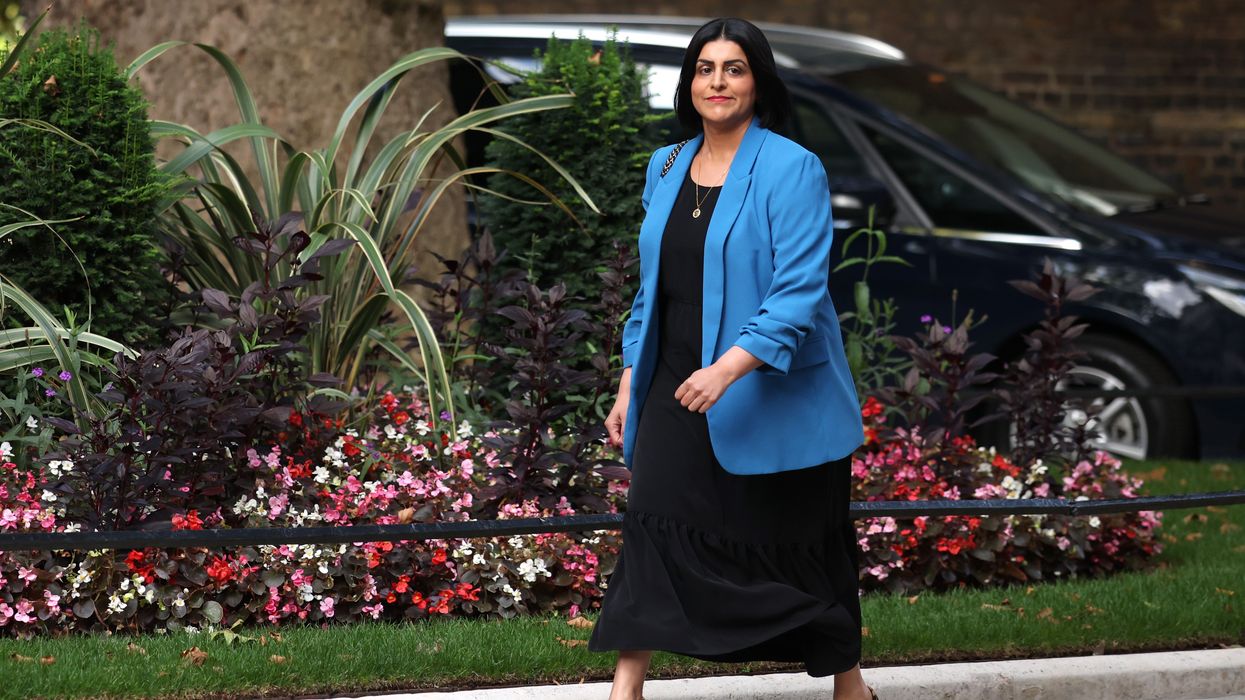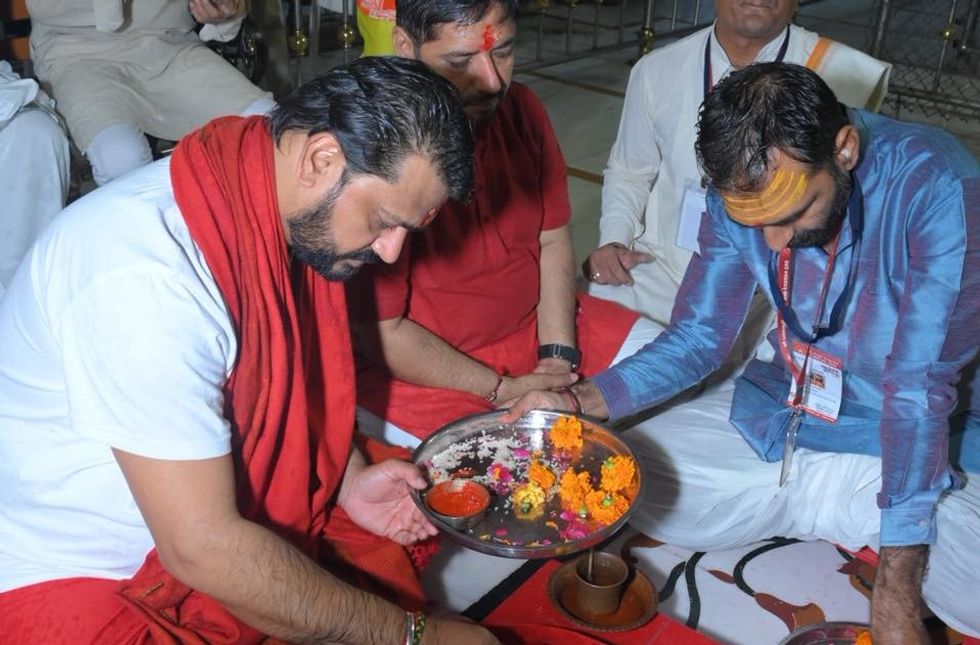A new study by The George Institute for Global Health India suggests a link between dietary habits in north India and a higher risk of heart disease.
The research focused on sodium, potassium, phosphorus, and protein intake, all of which can influence the development of chronic diseases.
“A poor nutritious diet is a major risk element for non-communicable diseases (NCD), which are of considerable public health concern. In India, people eat different foods, so it is important to know exactly what nutrients they are getting to help prevent and manage these diseases. The high salt intake and low potassium intake point to the need to develop interventions targeted to individuals and societies” Vivekanand Jha, executive director of the George Institute for Global Health, India and the lead study author, said.
Although the research does not focus on the Indian cuisine but more on the food habits of the north Indian people. Their food habits have led this research to the eye-opening revelations.
Here's a breakdown of the key findings:
High salt, low potassium: The study found people consumed more salt than the recommended daily limit, while potassium intake fell short. This imbalance can contribute to high blood pressure, increasing the risk of heart disease and kidney problems.
Low protein intake: Protein intake was generally below recommended levels. Protein is essential for building and maintaining tissues, and insufficient intake can weaken the body's defences.
Gender difference: Men on average had higher nutrient intake compared to women.
To combat these dietary risks, researchers propose a multi-pronged approach. This includes improving food labels for clearer consumer understanding, working with food manufacturers to reduce salt content in processed foods, and promoting increased consumption of fruits and vegetables, especially those rich in potassium.

























